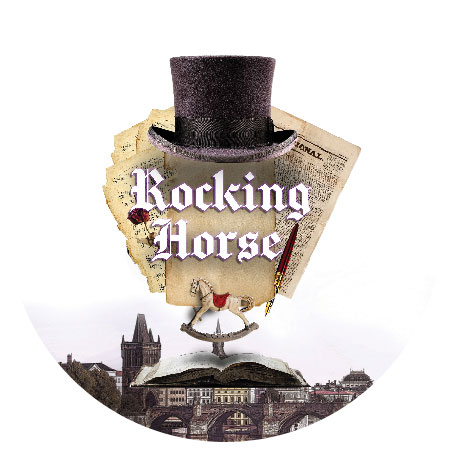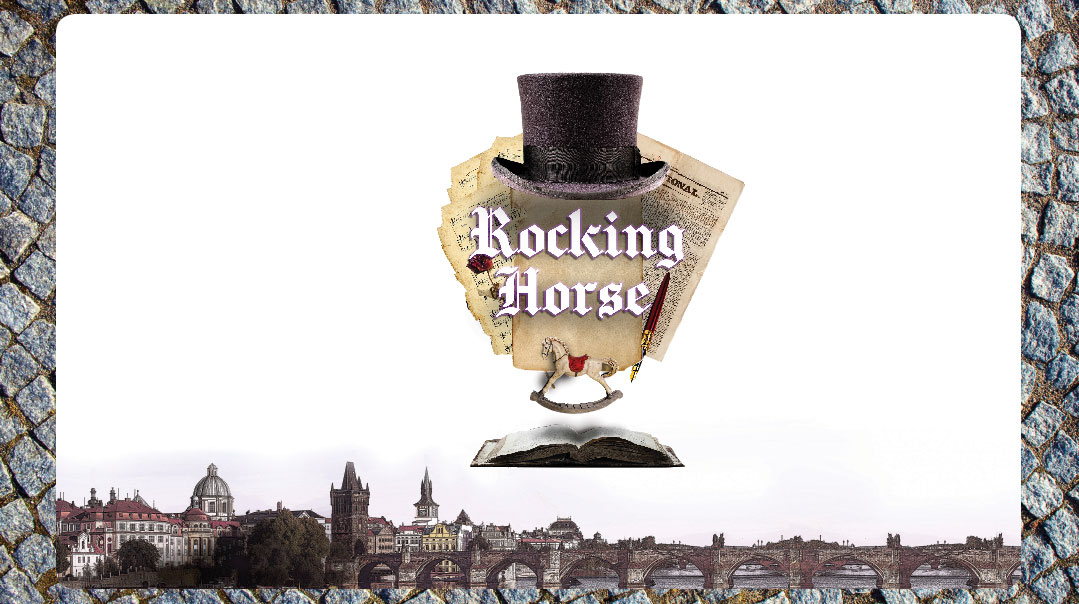Rocking Horse: Chapter 49

She is glad of the rush. She wants to be home, with Ernst, in a place where she can try and make sense of it all

Before she succumbed to sleep, Emmy told her, when we go and find Perla tomorrow, tell her a story from home. And so, all night, Hannah lay, staring at the ceiling, dredging up old stories. The next morning, when they arrive at Paulina’s tent and are refused entry, Hannah calls out: “Remember Gittele Frohlich?”
The tent door opens and the three of them bend and enter.
Paulina stands there, with her arms over her middle. “What about Gittele Frohlich?”
Emmy stares. “Who, Mama?”
“There was a young woman, Gittel Frohlich, who lived near us. There was an oak tree just outside her house where the children used to climb. One winter, she lost her husband. The next winter, she lost two of her children. Weak lungs.”
Paulina sniffs.
“Remember?” Hannah asks.
“Go on, Mama,” Felix says.
“On the day she was to get up from shivah, the women of the town — Mama, too — went to accompany her as she walked out of her home, past the tavern and the green and the cheder. But she refused. That afternoon, they sent one of the cheder boys to take away her low chair, so she couldn’t mourn even if she wanted to.
“Did you ever go with Mama to visit her?” she asks Paulina. “Gittel kept the house dark and the candles burning and she never went out of the house.”
“Melancholia,” whispered Emmy.
“Every week, a different woman would go to her house, bring her buckwheat and kasha and barley and potatoes and cheese, a little chicken or meat, as well. And they would try to tempt her out of the house: ‘Come for my Pessel’s chasunah, just the chuppah.’ Or, ‘Come for a piece of cake on Shabbos, we have a new baby girl.’ ”
She shakes her head. “But Gittel never left the house.”
Paulina nods. “We would go to the window to peer inside. When she saw us, she would hand us slices of apple.”
“And do you remember Simchas Torah?” Hannah asks.
Paulina is absorbed. This is good.
“On Simchas Torah we knocked on her window and told her we had come to take her to shul.
“ ‘Run along, kinderlach,’ she said. ‘There’ll be pekelach waiting for you.’
“ ‘But we want you to come with.’
“ ‘I can’t come,’ she said.
“ ‘But why?’
“ ‘You know the reason why.’
Oops! We could not locate your form.


